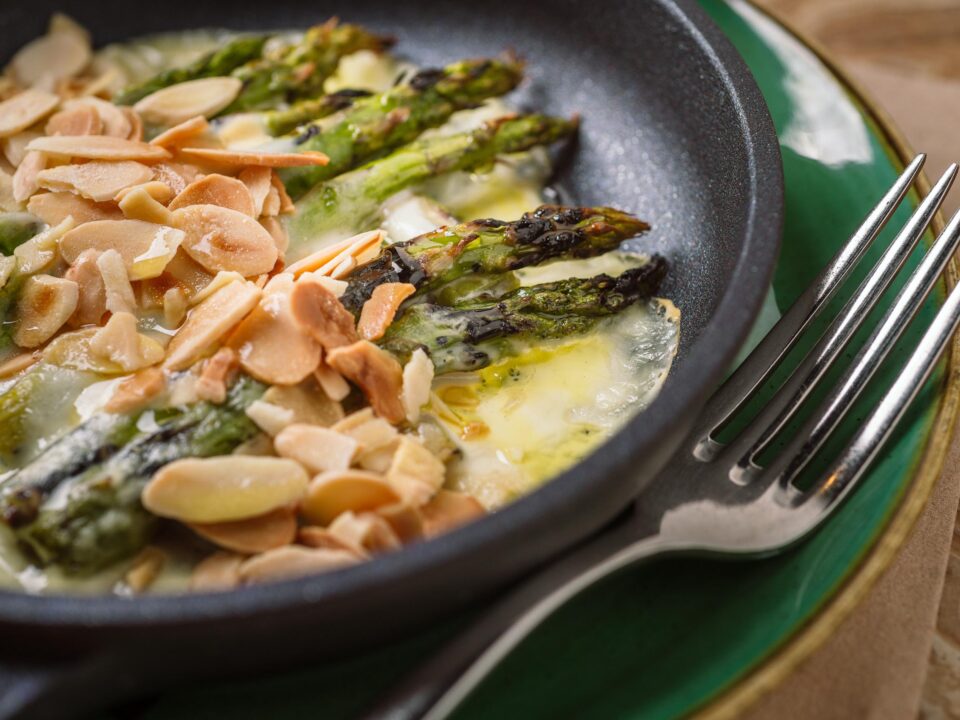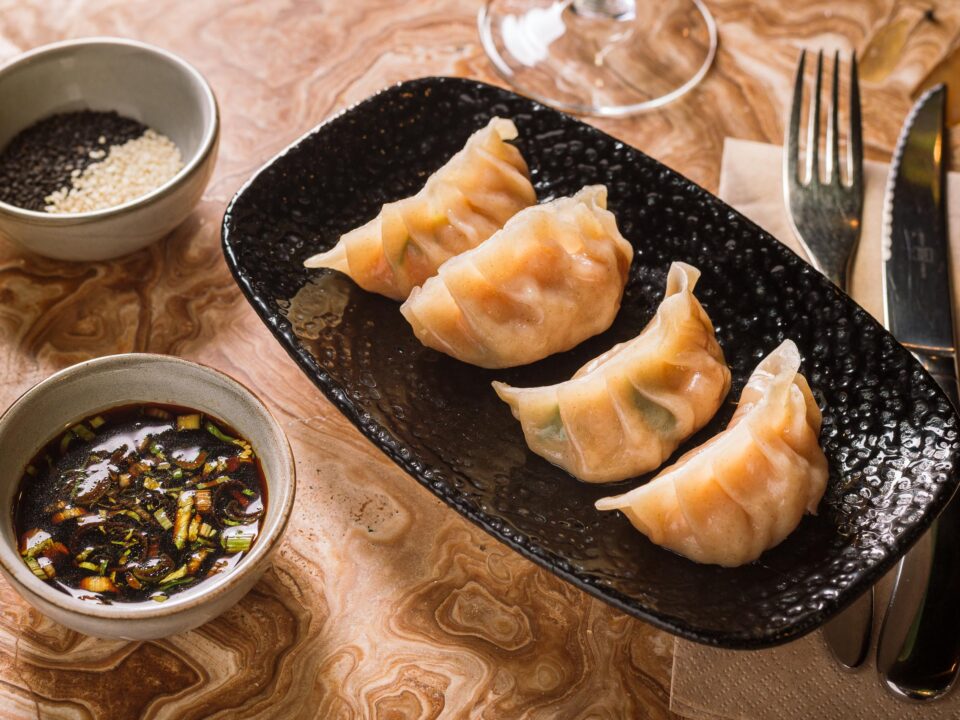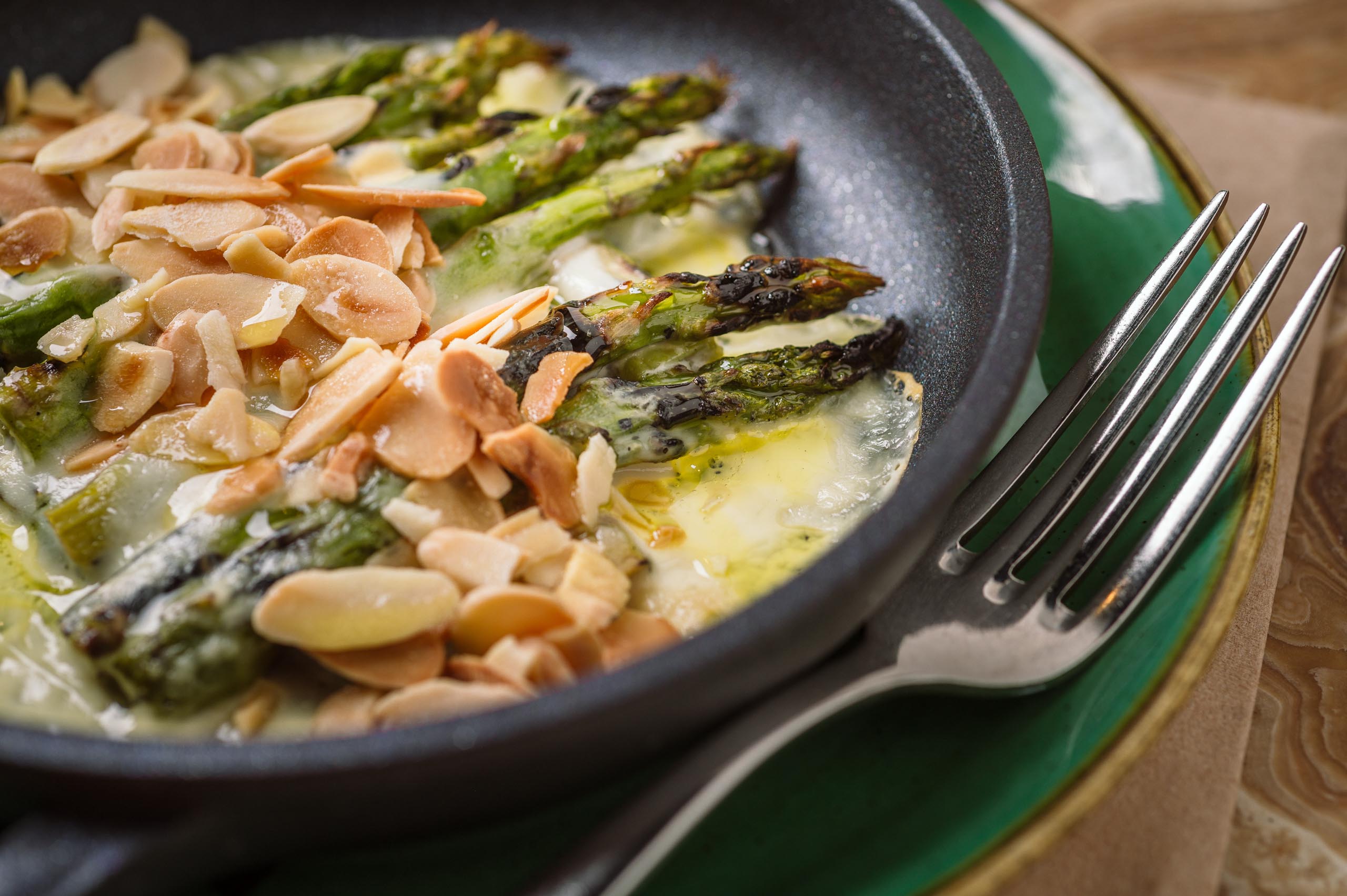Spain, Portugal, Italy, Greece, Morocco, France… These countries are united by the warm waters of the Mediterranean Sea, which often extends to their culinary traditions, namely the Mediterranean cuisine. In 2013, it was declared as Intangible Cultural Heritage of Humanity by UNESCO for its nutritional benefits. Several studies support the notion that following a Mediterranean diet can improve one’s health condition.
If you’re in the heart of Barcelona, visit My Way Restaurant to experience the best of Mediterranean cuisine.
History of Mediterranean Cuisine

The Roots of Mediterranean Cuisine and Its Evolution Over Time Talking about Mediterranean cuisine origins is like discussing the history of the foods we commonly consume.
Its foundations were established in Ancient Greece with the use of the emblematic ingredient of Mediterranean cuisine: olive oil, along with other foods such as cereals, wine, fish, and meat.
Every civilization that followed added to the list of ingredients.
For example, the Romans introduced a wide variety of fruits, including peaches, lemons, grapes, apples, pears, and more, as well as vegetables like onions, leeks, asparagus, artichokes, carrots, and more.
Muslims brought oranges, another citrus fruit, and coffee to the Iberian Peninsula.
In the Middle Ages, pasta and rice became popular, and after the discovery of the Americas, new foods such as potatoes and cocoa were added to the mix.
Mediterranean basic ingredients
To recognize a Mediterranean dish, it’s important to pay attention to the ingredients. A Mediterranean recipe should include at least one of the following foods in its base:
Olive oil
Olive oil is a vital ingredient in Mediterranean cooking that is known for its ability to prevent heart disease. The oil is obtained by cold-pressing olives harvested between September and November in the fall.
Cereal
What would Mediterranean cuisine be without a delicious sourdough bread to complement the meal? Learn about the optimal intake of carbohydrates to include in your diet.
Vegetables
Vegetables are crucial for a balanced diet because of their high vitamin and fiber content. Among the standout Mediterranean vegetables are onions, garlic, peppers, and artichokes.
Nutritional benefits of the Mediterranean diet

The Mediterranean diet has been praised for its numerous nutritional benefits. But what exactly makes it so healthy?
The key lies in the fact that Mediterranean dishes contain plant-based fats, which are crucial for maintaining a balanced and healthy diet. These “good” fats can be found in foods such as olive oil, fish and nuts, and are essential for cardiovascular health and improved cognitive function.
Furthermore, the carbohydrates found in cereals are vital for preventing diabetes, as they help regulate blood glucose levels.
Taste our Mediterranean Recipes!
We are open every day from Monday to Sunday, starting at 6 p.m.









